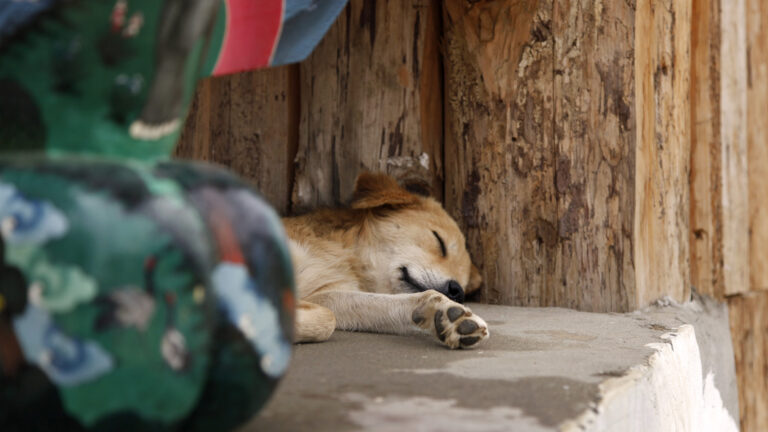Four-Legged Guardians of Bhutan
The Role of Dogs in Bhutanese Society
In Bhutan, dogs are not just pets—they hold a special place in the country’s culture and traditions. Throughout the kingdom, dogs are valued for their loyalty and service, whether as guardians of homes and livestock, companions, or protectors of monasteries. Historically, dogs have played an important role in rural areas, where they help guard homes from wildlife, especially in more isolated regions. Bhutanese dogs, particularly the native Bhutanese Mastiff, are known for their strength, protective nature, and adaptability to the harsh terrain. Their deep connection to the land and their ability to withstand the high-altitude climate make them perfect companions in Bhutan’s rugged environment.
Despite their importance, Bhutan has a unique relationship with dogs, characterized by a blend of reverence and pragmatism. While some dogs live in households as cherished pets, many others live freely in the streets, especially in more urbanized areas like Thimphu, where they are often seen roaming and forming packs. The Bhutanese approach to dog ownership is less about domestication and more about coexistence with these animals, who are often left to roam and find their own food.

Challenges and Community Efforts — Managing the Street Dog Population
In recent years, the increasing population of street dogs in urban areas has led to various challenges, including issues of health, sanitation, and safety. The Bhutanese government, alongside animal welfare organizations, has begun taking steps to address these concerns through sterilization programs, vaccination drives, and dog adoption initiatives. One of the country’s most notable initiatives is the Thimphu Animal Shelter, which provides shelter and medical care for abandoned or stray dogs, while working to educate the public about responsible pet ownership.
In rural areas, the relationship with dogs remains more traditional, with many working dogs still tasked with guarding livestock or helping in farming activities. However, the dynamics are shifting as Bhutanese cities grow and become more urbanized. The challenge now is finding a balance between maintaining the cultural value of dogs as protectors and companions, while also addressing the issues posed by street dog populations and ensuring their welfare. As awareness grows, Bhutan is slowly moving towards a more humane approach to dog care and community-based solutions.
Dogs and Spirituality — Sacred Guardians in Bhutanese Buddhism
In addition to their role as loyal companions, dogs in Bhutan also have a spiritual significance, particularly in the context of Bhutanese Buddhism. Dogs are often seen as guardians of sacred spaces, including monasteries and temples, where they are believed to protect the sanctity of these holy sites. Some Bhutanese believe that dogs have a special connection to the divine and are seen as symbols of loyalty, protection, and faithfulness.
In Bhutanese folklore, dogs are also associated with guardian spirits. It is not uncommon to see dogs present during important religious ceremonies or festivals, where they are thought to contribute to the spiritual energy of the gathering. This reverence is reflected in the care with which dogs are treated in many rural areas, where they are seen as part of the family and respected for their roles in maintaining both physical and spiritual protection.